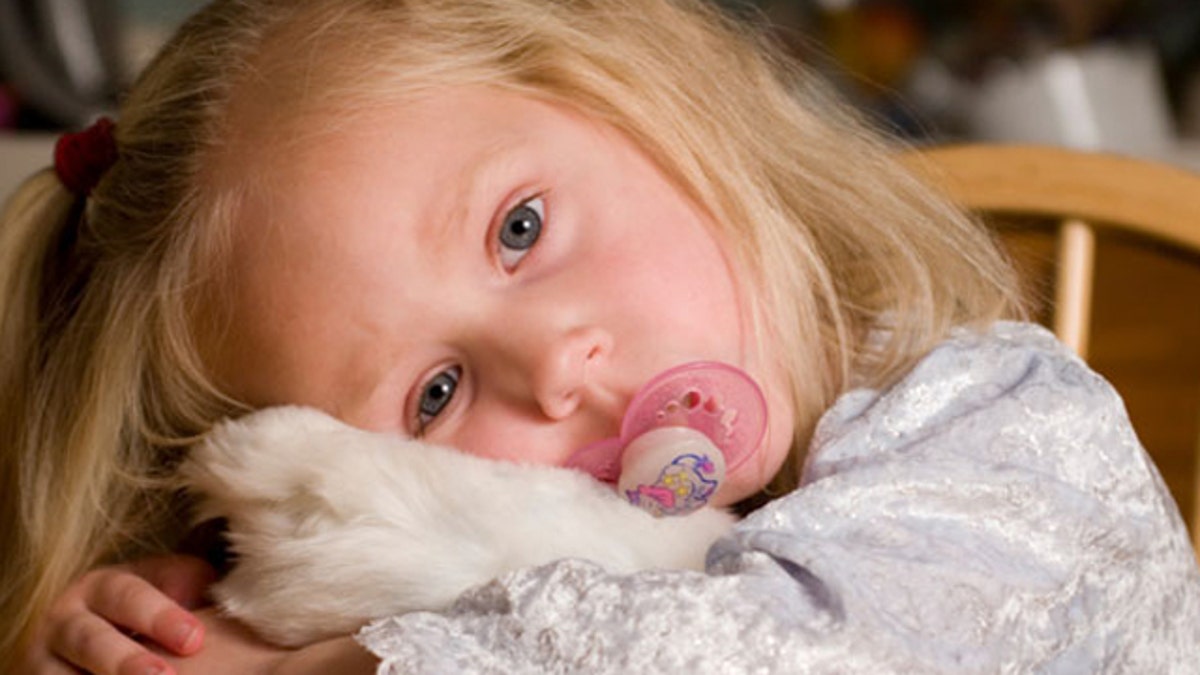
(iStock)
Doctors treating people for depression should delve into the childhoods of their patients before prescribing, because a history of mistreatment has a significant impact on their illness and ability to recover, scientists said Monday.
Researchers who conducted a combined analysis of 26 studies involving more than 23,000 people found that those who suffered maltreatment as children were twice as likely as those who had normal childhoods to develop persistent and recurrent depression—one of the world's most common and costly mental illnesses.
Those who had stressful or abusive childhoods were also less likely to be helped with drug or psychological treatment, the analysis found, suggesting doctors and scientists should look for new kinds of treatments and ways of intervening earlier.
"Identifying those at risk of multiple and long-lasting depressive episodes is crucial from a public health perspective," said Andrea Danese of the Institute of Psychiatry(IoP) at King's College London, who led the study.
Danese said the study showed that prevention and early intervention measures to target childhood maltreatment could prove vital in helping prevent the major global health problem.
"Knowing that individuals with a history of maltreatment won't respond as well to treatment may also be valuable for clinicians in determining patients' prognosis," he added.
Depression is a major cause of mortality, disability, and economic burden worldwide and the World Health Organization predicts that by 2020, depression will be the second leading contributor to the global burden of disease across all ages.
In Britain, experts say it affects at least one in 10 people at any one time and can lead to long-term sick leave, relationship breakdown or unemployment. According to a 2006 study, depression is responsible for 100 million lost working days a year in England and Wales alone at a cost of $14.6 billion.
Danese, whose study was published in the American Journal of Psychiatry Monday, told a briefing that previous research has found that people who were maltreated as children also have biological scars from those experiences.
Around one in 10 children worldwide is exposed to maltreatment including psychological, physical or sexual abuse or neglect and as a result abnormalities can show up in biological areas that are particularly sensitive to stress, such as the brain and the immune system, he said.
These biological changes could potentially explain why depressed people with a history of maltreatment are less likely to respond well to treatment and may give clues for research aimed at finding more effective treatments, the scientists said.
"Whilst we still do not know exactly what type of treatment may improve the care of maltreated individuals, it may be that new treatments based on the biological vulnerabilities associated with childhood maltreatment could prove an exciting avenue for research," said Rudolf Uher, also of the IOP, who worked with Danese on the research.
A study published earlier this month found that childhood hardship, including suffering abuse or losing a parent or having a parent with addiction problems, also raised the risk of a range of chronic physical illnesses in later life, such as diabetes, heart disease or asthma
